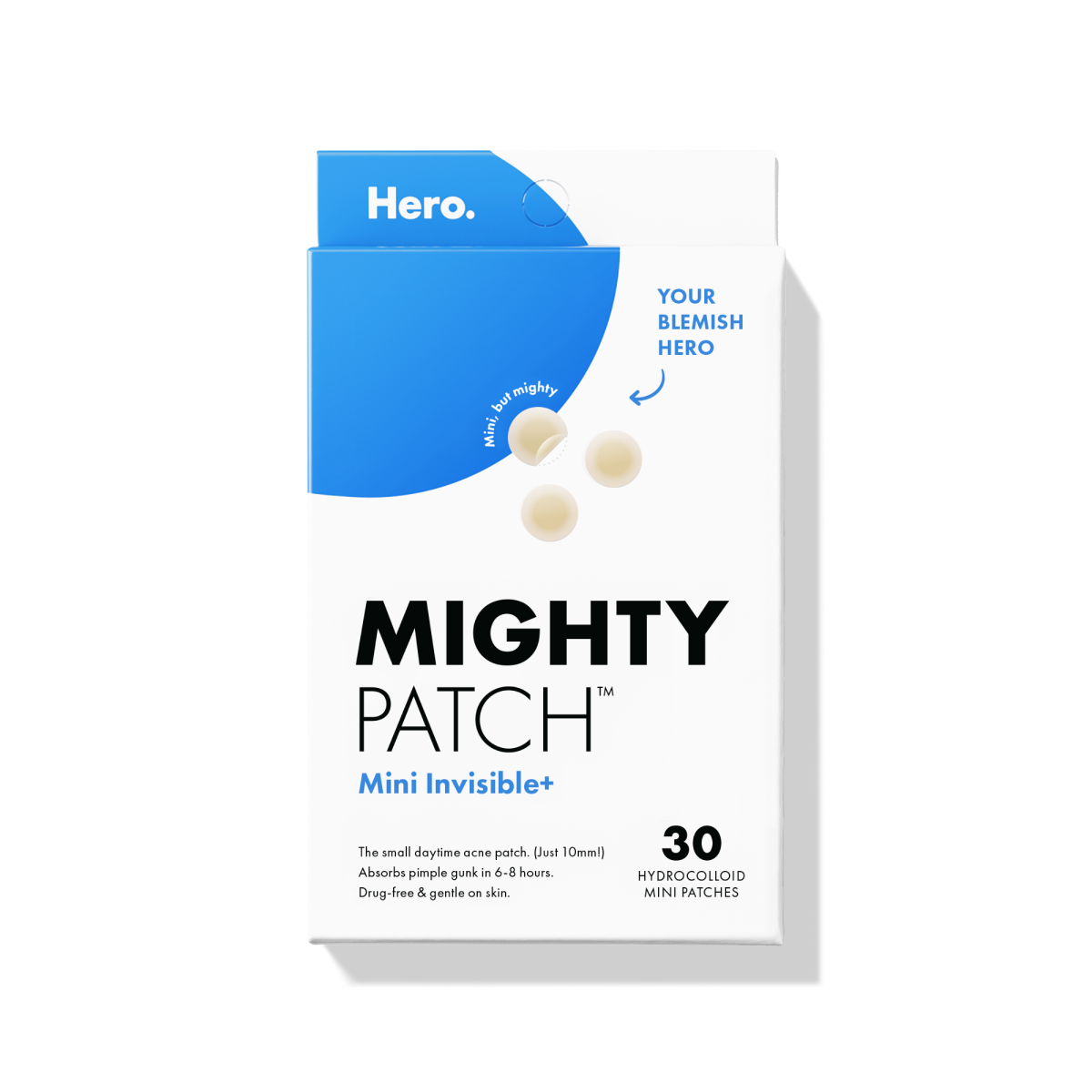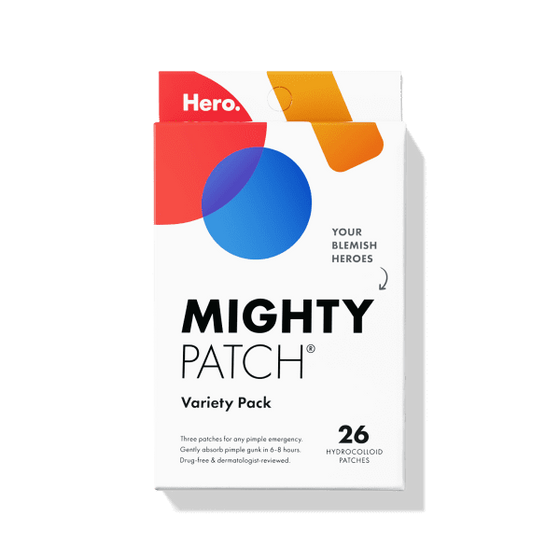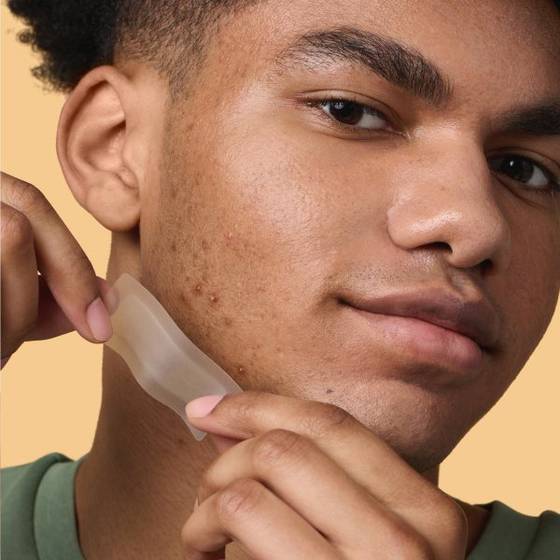
By now, you’ve undoubtedly heard and seen your favorite brands, sites and skinfluencers talking about the importance of protecting your skin barrier. But why has barrier care and repair become the hottest skincare topic of 2021? And what exactly does it entail? Ahead, we’ve put together a guide to understanding and caring for the layer of skin that’s basically keeping you alive.
First, what is the skin barrier function?
Your skin barrier is the outermost layer of skin, also called the stratum corneum. Scientists often compare the stratum corneum to a brick wall that’s protecting your entire body from environmental toxins, pathogens and dehydration. In this analogy, the skin cells are the bricks and the lipid layer of cholesterol, fatty acids and ceramides is the mortar that holds it all together. These skin cells and lipid layers work together to serve three primary functions:
- Protect the body from external stressors, such as UV radiation and environmental pollution
- Retain water to naturally hydrate the body and skin
- Nourish and balance the deeper layers of skin
The acidity of your skin barrier, AKA the acid mantle, keeps the growth of harmful bacteria, viruses and skin-damaging fungi at bay. It is also responsible for many of the biological interactions that take place when wounds or acne breakouts are healing.
What can damage the skin barrier?
When the skin moisture barrier is healthy and strong, your skin looks and feels firm, hydrated and resilient. But when it’s compromised or not functioning properly, your skin and body are susceptible to outside pollutants and other stressors (such as mask-related friction), which can leave you with broken skin that’s dry, inflamed or flaky. In fact, many people who believe they suffer from sensitive skin actually have a damaged skin barrier that’s allowing irritants to pass through and cause reactions to certain products or ingredients.
RELATED READ: Got Sensitive Skin? Here's How to Make Skin Tougher
So, what’s causing that damage? Well, the list of possibilities is quite long, ranging from environmental factors and lifestyle to genetics and skincare habits. Some of the most common culprits are:
- UV rays
- Wind
- Exposure to pollutants
- Masks or other sources of skin friction
- Excessive alcohol and caffeine intake
- Not drinking enough water
- Using harsh cleansers
- Over-exfoliating
- Skimping on moisturizer
- Stress
- Hormonal changes
One of the major reasons you are hearing about the skin barrier just about anywhere and everywhere lately? Barrier damage from maskne and mask-related irritation. And while many vaccinated people are no longer wearing masks on the daily, there are plenty of professions where they are still largely required: healthcare, food service, hospitality and education to name a few.
How to repair the skin barrier
Even if the damage has been done, don’t despair. It’s actually pretty simple to repair a damaged skin barrier. What you need to do is give your skin the time and attention it needs to renew itself. In order to make your skin tougher, you need to be gentler with it. Take a few weeks off from using any harsh cleansers, rough exfoliants or retinol products. Instead, try gentle, skin-replenishing products with nourishing ingredients like:
- Sodium hyaluronate (or hyaluronic acid)
- Calendula flower extract
- Elderberry fruit extract
Last, but certainly not least, don’t forget the most important step in keeping your skin barrier healthy and strong: sunscreen. Use a lightweight mineral sunscreen every single day (yep, even in the winter). And for a double-duty bonus, we recommend a formula that contains antioxidants to help restore and protect your skin barrier at the same time.
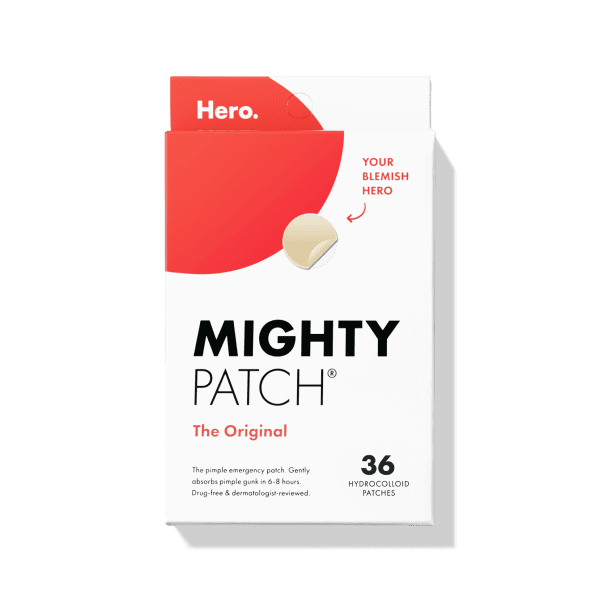
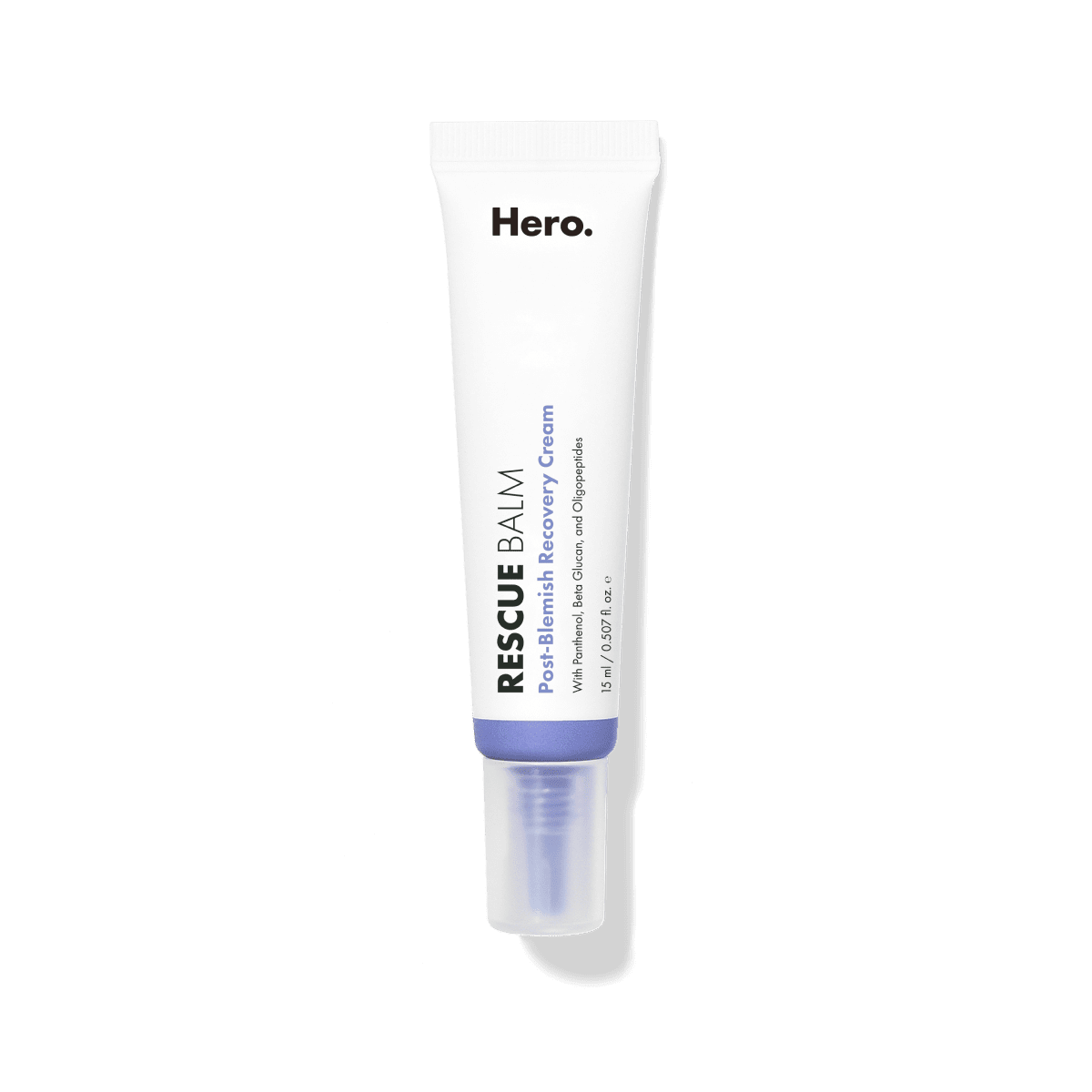
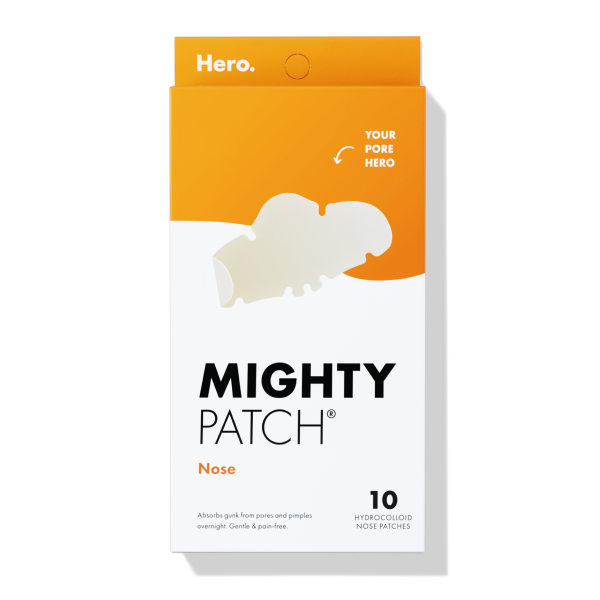
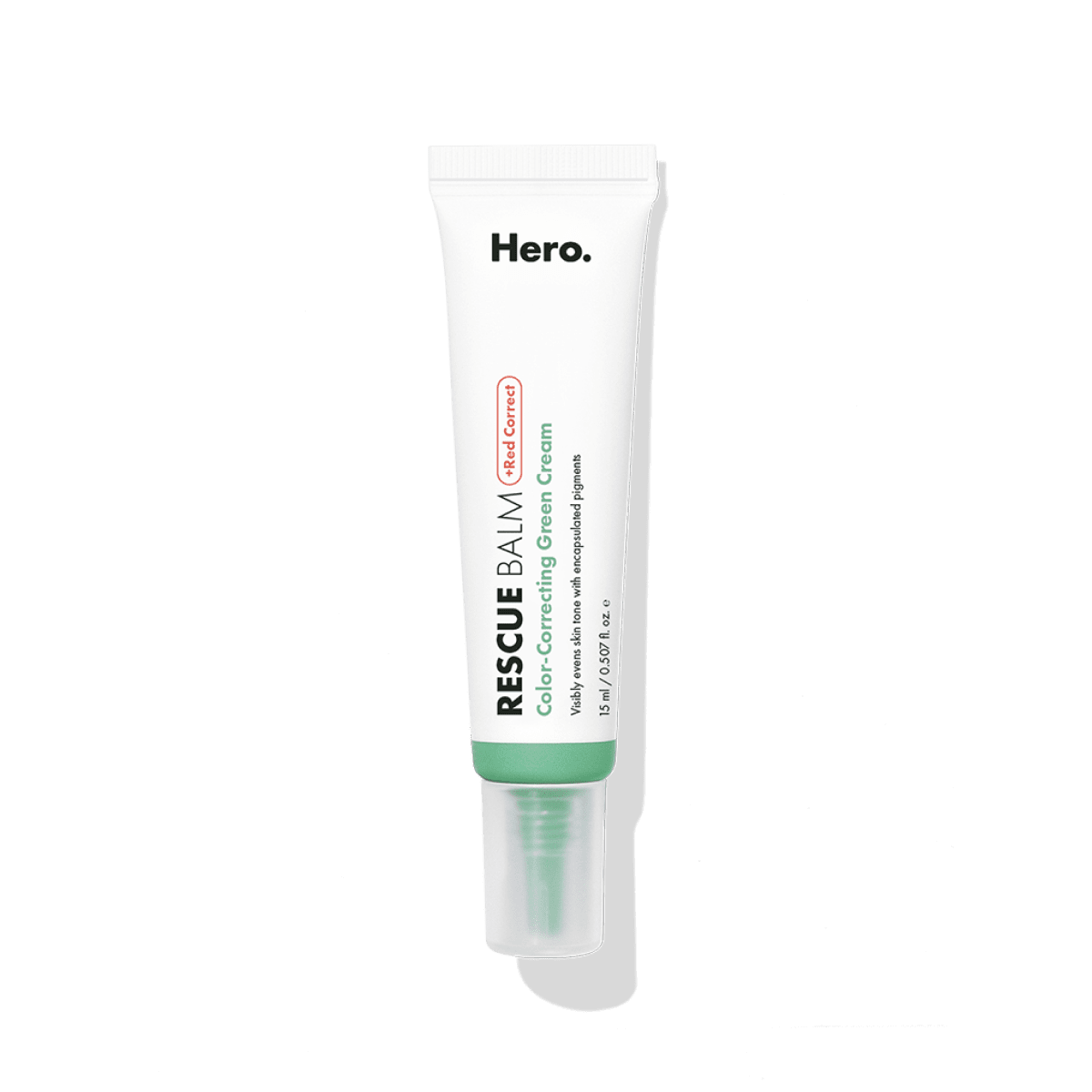
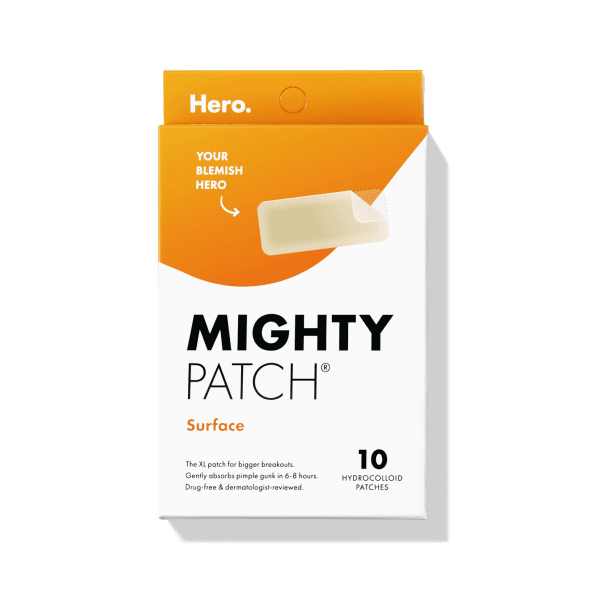
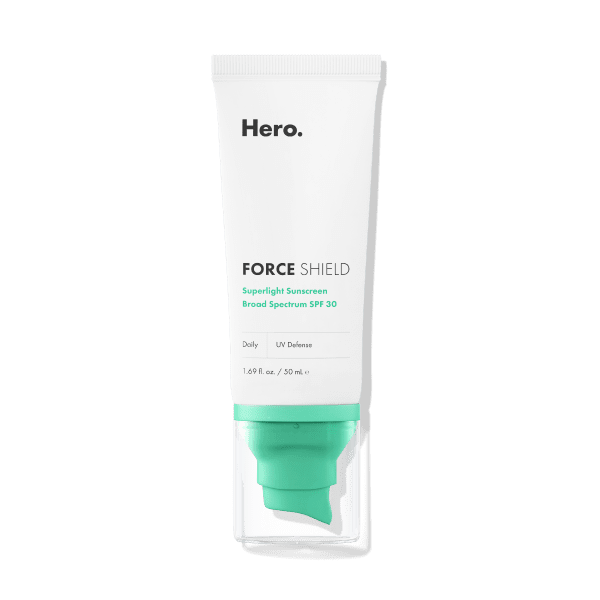
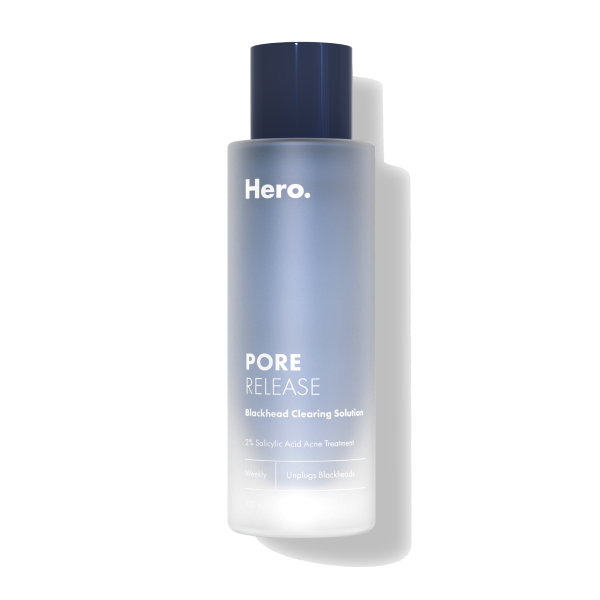



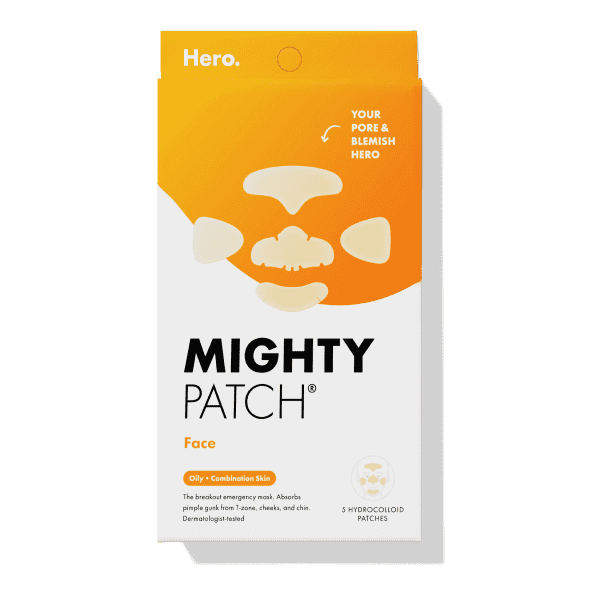

.png?v=1663017252122)
